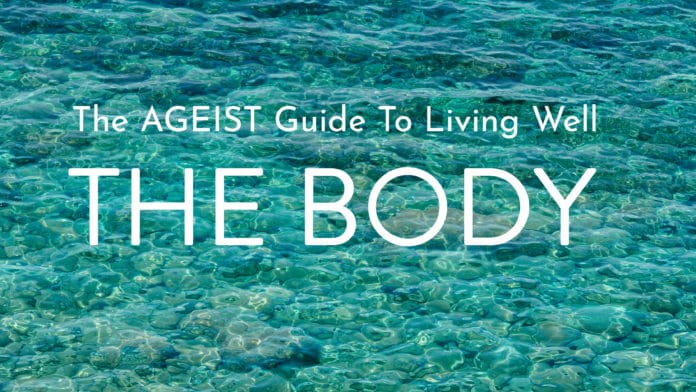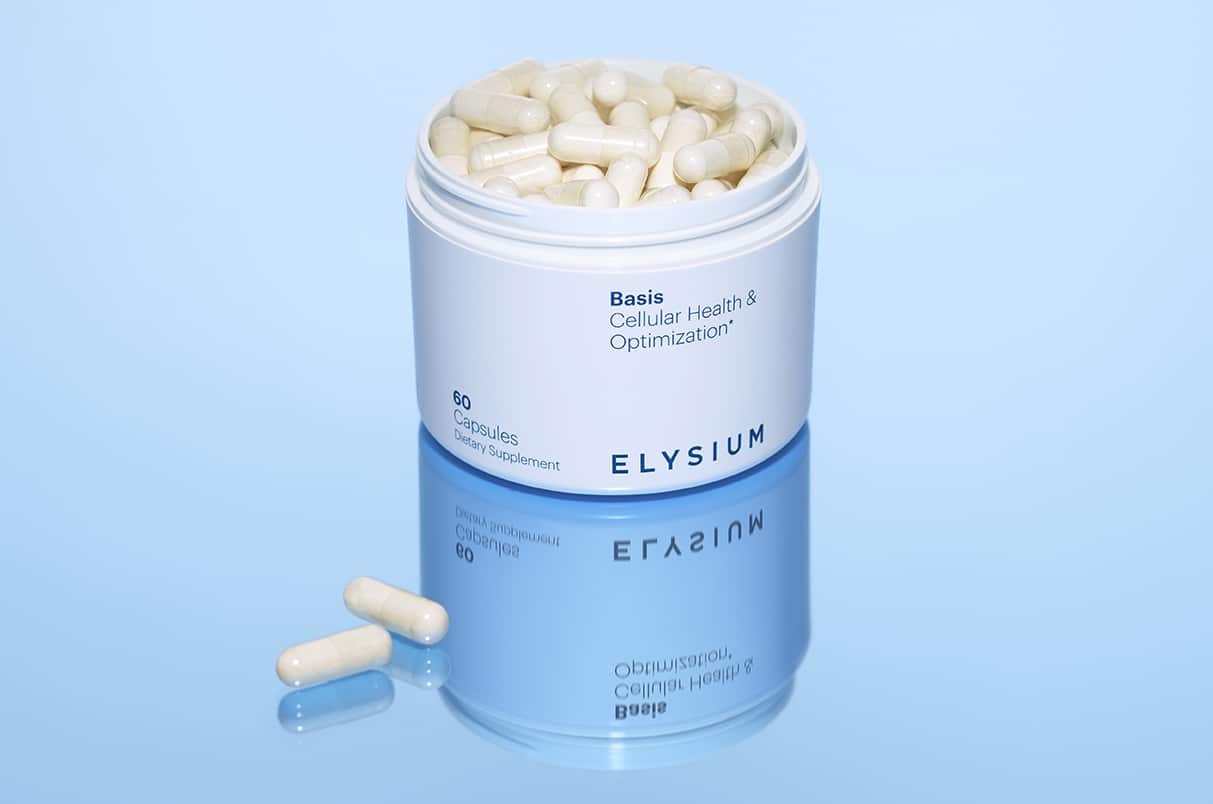This is the first of a series on living well. Each month we will tackle a specific topic with some simple, actionable things we can do that are based on my direct day-to-day experience. This month I am focusing on the body. I am specifically interested in how I can improve my health at the cellular level. Most of my suggestions here are not so much around strength, mobility, and endurance, all of which are essential, but rather on how we can help those energy factories of our bodies, the cellular mitochondria, to be the best they can be. Thus, you will see my interest in Basis from Elysium.
- Fast Walking. This is not strolling looking at the clouds. This is walking about as fast as I can without looking utterly deranged. My heart rate is up in zone two, which for me is about 110-120. It not only gives me some cardio time, but it amplifies my thinking and imagination. I have heard that Kelly Starrett believes fast walking activates the fear/flight part of our brains, which may be why this is like a quick shot of espresso on my thinking processes. I try to do it 3 times a day, and it feels great. My goal is 12,000 steps per day. Secret tip: quick pacing while talking on the phone in the office will get me an easy 5000 steps every day. Walking, talking, and thinking — what’s not to like?
- Eat More Fats. I tend towards being hypo-glycemic, which means that I am prone to blood-sugar crashes. Putting my specific issue aside, I am completely convinced that eating a diet with a low glycemic load is one key to avoiding all manner of nasty metabolic disorders. I have been having a spoonful of tahini, a big spoonful of sunflower seed butter, and a bit of MCT oil first thing in the morning. It is probably at least 500 calories of blood-sugar tranquility.
- Paying Attention to NAD+. Early morning, I’ll have two Basis capsules, a product from Elysium Health that increases NAD+ levels. I have been peripherally aware of the relationship between NAD+ and cellular health for some time, but it wasn’t until last year when we asked Mike James, our resident PhD science guy, to investigate that I became seriously interested. NAD+ is essential for cellular metabolism and cellular energy, and it decreases with age. I recommend listening to the scientist David Sinclair on Joe Rogan’s podcast if you want to learn more.

- Heat and Cold. I joined a new gym and besides being my favorite happy place, it has an excellent sauna. My understanding from listening to Dr. Rhonda Patrick is that having a 175-degree sauna for at least 18 minutes will help not only with muscle recovery and muscle growth but will help turn on certain longevity genes. This may or may not be true; what is certainly true is that my heart rate will be at about 120 after 20 minutes and I will be covered in sweat. Hint: cover your Fitbit or Apple Watch so that it doesn’t overheat and shut down in the sauna. This time of year, even living in Los Angeles, the full-cold setting on my shower is vividly bracing. However, being an adaptive human, I’ve gotten used to it. Going from 15 seconds to several minutes of blasting cold water only took about a week. Victory over small things like the cold shower gives me confidence that I can stick with more consequential matters than mere temperature discomfort.
- Sleeping Is Serious. My day begins when I go to sleep. This is not the end of the day; this is the start of the next day. The duration and quality of my sleep will directly affect how good of a day I have, so I don’t measure the start of the day when I wake up, but when I go to sleep. It is a subtle but important shift that, for me, directly links the sleep time with the day time. Sleep is incredibly important to me. Some people seem to do fine on slightly less sleep or a small shift in their sleep schedule but. I am not one of them. To ensure my precious sleep, the phone is banned from the bedroom. I won’t watch TV before bed and I try to always walk 20-30 minutes before bed, which dumps whatever extra energy I may have been holding from the day. Lastly, I cease most of my water intake by around 6 pm, for obvious reasons.


